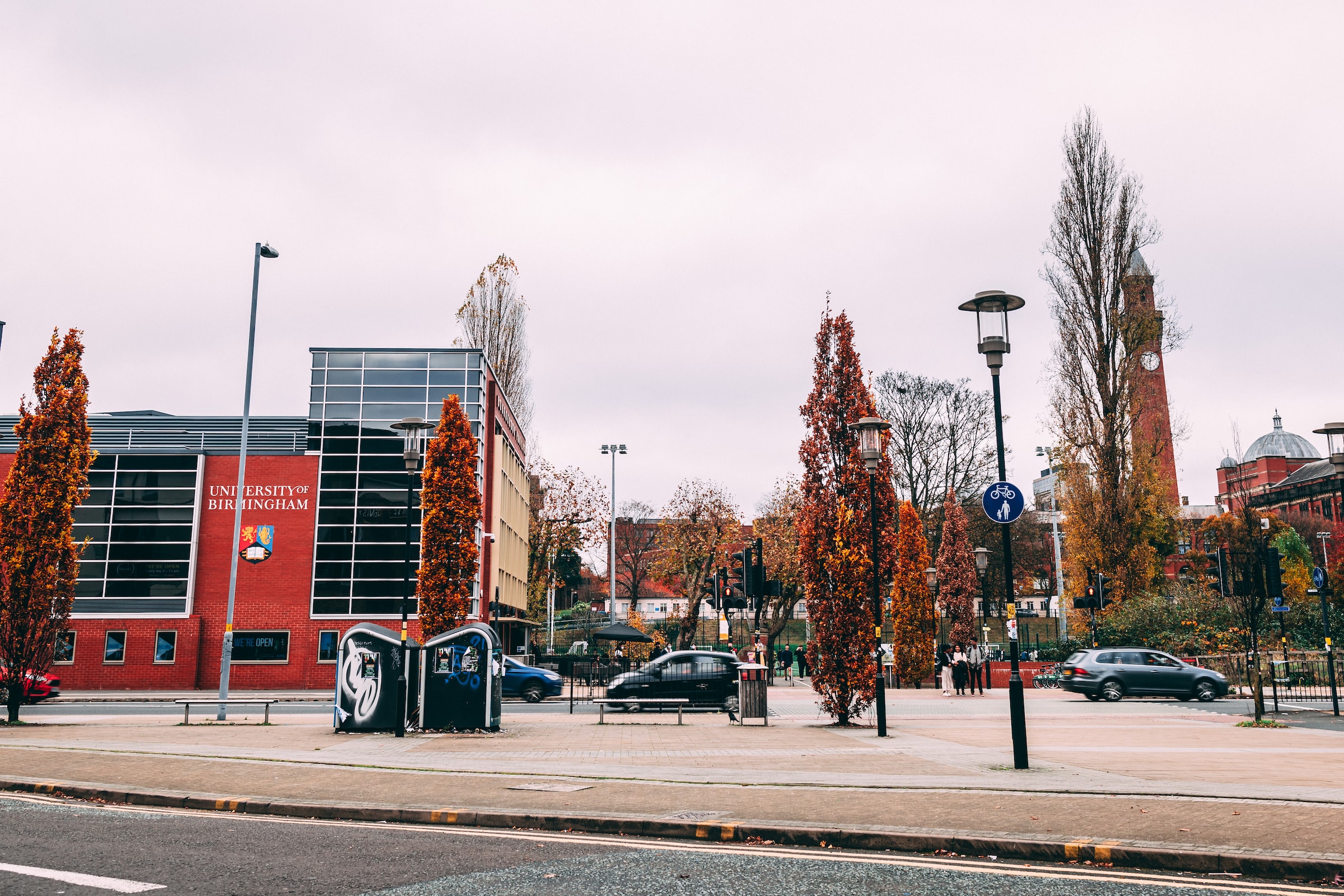
After a campaign season like no other, Kitty Grant argues that social media was a vital alternative to in person campaigning for this year’s Guild of Student’s election
The Guild Elections are the most important student elections of the year at UoB, with the Guild President being elected, alongside roles like Education Officer and Women’s Officer. As our lives are increasingly lived online it is unsurprising that much of the campaigning happened online too; but is this a good thing?
A key battleground in the 2021 election was Facebook, particularly on Brumfess, the page where Birmingham students share confessions, opinions, and ask for advice. The page is long established and certain commenters have become well known among the student community. One such commenter is Guild President-elect Mikey Brown, who became popular before the elections for voicing the disappointments in the university many students have shared, and for his campaign for a ‘no detriment’ policy alongside Aaliyah Simms, who has been elected Welfare and Community Officer.
“One such commenter is Guild President-elect Mikey Brown, who became popular before the elections for voicing the disappointments in the university many students have shared
Mikey Brown has had a presence on the Brumfess page since before the election campaigning began, but some other candidates have used the page—which is designed for students to share secrets, troubles, and ask for advice—as a campaigning tool. Some Brumfess posts share frustration at this tactic, as comments on posts asking for serious advice could be filled with candidates asking for votes rather than offering serious advice. One wrote: ‘Not only have these been completely useless a lot of the time, it’s actually pretty gross. Please just advertise yourself but don’t try to benefit from someone else’s issues.’ Some Brumfess posts have even accused candidates of sending unsolicited direct messages and using society discord events to promote their campaign. Another student wrote, ‘Please stop sending friend requests/campaigning directly into people’s DMs unprompted.’
Some may also have felt that candidates trivialised the election by sharing memes about the election, hoping to get votes for being the funniest rather than having the best policies. But the majority of voters are young people who may not have been aware of the Guild’s work or what the officers actually do. Finding a way to engage with voters is not just important for the campaign, but also for those occupying the roles, which will involve engaging with students.
“Finding a way to engage with voters is not just important for the campaign, but also for those occupying the roles, which will involve engaging with students
Many candidates managed to make entertaining and informative content, allowing students to learn about their policies while scrolling through Instagram or TikTok. Presidential candidate George Westwood ran a particularly entertaining TikTok, which even received comments like ‘I don’t even go to whatever school this is for but the sheer meme value is hilarious’. Online campaigning like this clearly connects to young people more than traditional methods, such as handing out flyers, but in 2021 many of these traditional methods of campaigning would not have been possible anyway.
As the elections were run during lockdown, most traditional forms of campaigning became impossible. The unique conditions of this year’s elections made having a strong social media presence essential to running a successful campaign. Without platforms like Facebook and TikTok, voters would have no way of learning about their candidates beyond their manifestos, leaving the candidates as little more than a list of policies.
“Without platforms like Facebook and TikTok, voters would have no way of learning about their candidates beyond their manifestos, leaving the candidates as little more than a list of policies
Though there are clearly negatives to election campaigns run almost entirely through social media, these negatives are outweighed by the positives, particularly in a locked-down world. The 2021 Guild elections were, like so many things in the past year, unique, but the candidates should be applauded for their ability to adapt and run entertaining yet informative campaigns.
For more from Comment:
Rebuilding the ‘Red Wall’: Can Labour Still Represent the Working-Class?
Queen’s Consent: The Constitutional Monarchy is at Odds with Democracy
Parents on Social Media: Drastic Consequences to Innocent Sharing?

Comments